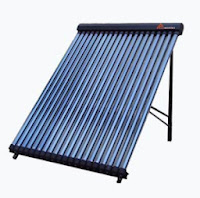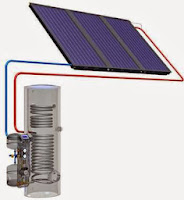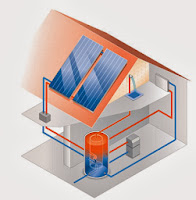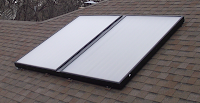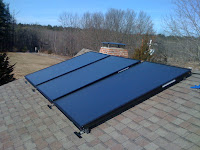Solar thermal systems are becoming a popular method for
heating hot water for homes and businesses around the world. Like with any
equipment choice, there are advantages and disadvantages to using them. Let’s
take a look at the advantages and disadvantages of solar thermal systems below.
Solar thermal advantages
- Solar thermal utilizes a free and renewable energy source- the Sun.
- Using a solar thermal system reduces your dependence on fossil fuels as well as expensive foreign oil.
- In sunny, Pennsylvania and New Jersey climate, solar thermal systems can be very cost effective.
- There are some beneficial incentives available for those who choose to install solar thermal systems at home.
- Solar thermal systems have relatively short payback periods compared to other renewable energy systems like solar photovoltaic and geothermal systems.
- Depending on what’s available where you live, you may have the option to lease solar thermal technology, reducing the installation costs of the system.
Solar thermal disadvantages
- Solar thermal systems typically have higher upfront installation costs compared to conventional hot water heater systems.
- In many areas, it may still be necessary to have a backup hot water heater in place, which will use gas or electricity.
- Your payback period will vary based on the regional sunlight exposure you experience.
- Solar thermal systems have lower efficiencies compared to other renewable energy systems like photovoltaic solar and geothermal systems.
- Solar thermal systems will need protection to withstand overheating and extreme cold temperatures.









